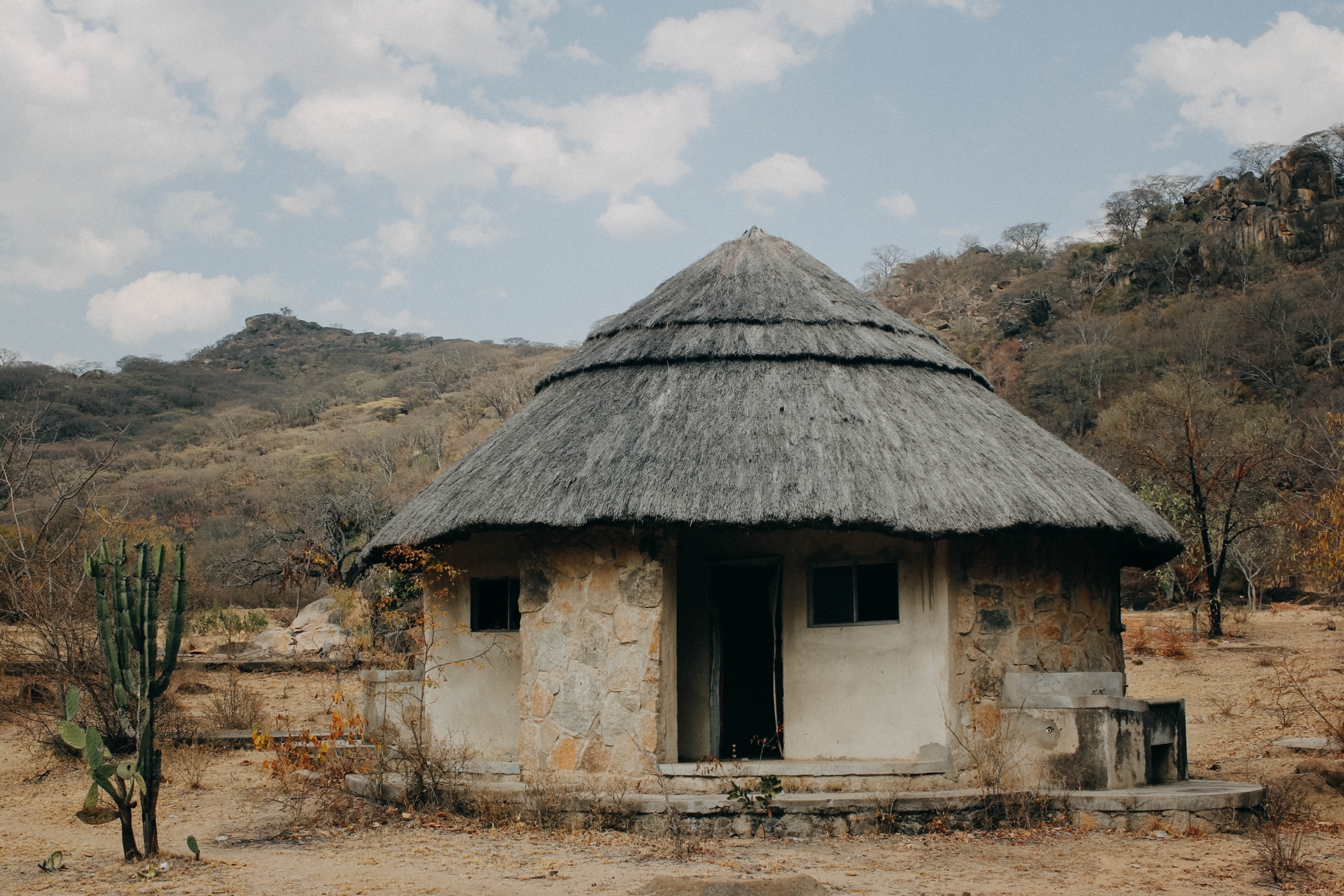How ADRA Is Reducing Poverty in Zimbabwe
 Reducing poverty in Zimbabwe involves understanding the effects of a poor economy and extreme weather events. Based on data from 2019, the UNDP reported in 2023 that an estimated 25.8% of people in Zimbabwe suffer from multidimensional poverty (multi-faceted poverty that goes beyond monetary means). In addition, 26.3% are at risk of falling into multidimensional poverty. Amid severe weather patterns, the nation requires sustainable solutions to help vulnerable and impoverished farming communities establish resilience and protect their livelihoods. Fortunately, the Adventist Development and Relief Agency (ADRA) is working with communities in Zimbabwe to help them rise out of poverty by centering its efforts around several main focus areas. In particular, ADRA’s environmental efforts provide a lifeline to communities in Zimbabwe facing severe impacts of extreme weather events.
Reducing poverty in Zimbabwe involves understanding the effects of a poor economy and extreme weather events. Based on data from 2019, the UNDP reported in 2023 that an estimated 25.8% of people in Zimbabwe suffer from multidimensional poverty (multi-faceted poverty that goes beyond monetary means). In addition, 26.3% are at risk of falling into multidimensional poverty. Amid severe weather patterns, the nation requires sustainable solutions to help vulnerable and impoverished farming communities establish resilience and protect their livelihoods. Fortunately, the Adventist Development and Relief Agency (ADRA) is working with communities in Zimbabwe to help them rise out of poverty by centering its efforts around several main focus areas. In particular, ADRA’s environmental efforts provide a lifeline to communities in Zimbabwe facing severe impacts of extreme weather events.
High Unemployment
Environmental changes in Zimbabwe present themselves through droughts, heatwaves and floods and disrupt ecosystems and the food supply chain. This aggravates rural farmers’ income streams and Zimbabwe’s overall economic development. Cities and towns across the country experience heavy monetization due to hyperinflation. This makes basic urban commodities like electricity, food and water too expensive for impoverished people to afford.
Food Insecurity
Environmental changes have also increased food poverty in Zimbabwe. With agriculture serving as the primary source of income for the nation, “low agricultural output” and a growing number of “urban food shortages” have detrimental impacts on urban and rural dwellers.
A more comprehensive picture provided by the World Food Programme illustrates that about 3.8 million people in rural areas and 1.5 million people in the urban population face food insecurity in the nation. This is due to climate challenges and an unstable economy. These environmental changes reduce the primary materials needed to process food in the markets. With the unstable economy, food prices fluctuate, making food security out of reach for impoverished Zimbabwean households.
ADRA’s Environmental Measures
The Adventist Development and Relief Agency (ADRA), a global humanitarian organization that delivers relief and development assistance for sustainable change, is implementing environmental measures for reducing poverty in Zimbabwe. ADRA’s Zimbabwean office spoke to The Borgen Project, saying, “We have experienced climate-induced droughts, El Niño, climate-induced floods, mudslides and cyclones. Farmers are experiencing changing season cycles, animal deaths, etc.”
ADRA celebrated its 40-year anniversary by implementing the #plantafruittree project. This project involves planting 40,000 fruit trees across “schools, farms, homesteads, and institutions” in Zimbabwe from August to December 2023. It aims to reduce extreme weather impacts and raise community health. “As we commemorate ADRA’s 40 years of disaster response, humanitarian relief and development assistance, we are committed to promoting initiatives such as tree plantings that not only can help improve natural air quality, decrease erosion and remove pollution but also generate wellness benefits for residents in all communities,” says ADRA President Michael Kruger on the ADRA website. In August, ADRA planted the first 1,000 trees to commemorate the project.
ADRA’s poverty-alleviating reforestation strategy supports Sustainable Development Goal 13 (Climate Action), purifying the air and establishing resilient ecosystems that can minimize the adverse impacts of extreme weather patterns. It can also provide time for governments to plan out disaster response strategies and improve human health in Zimbabwe.
Looking Ahead
The citizens of Zimbabwe struggle to make ends meet under an impoverished economy, an unstable government and drastic environmental changes. Non-governmental organizations like ADRA wholeheartedly deliver environmental relief to this vulnerable population to practically overcome the issue of reducing poverty in Zimbabwe.
– Amy Contreras
Photo: Unsplash
